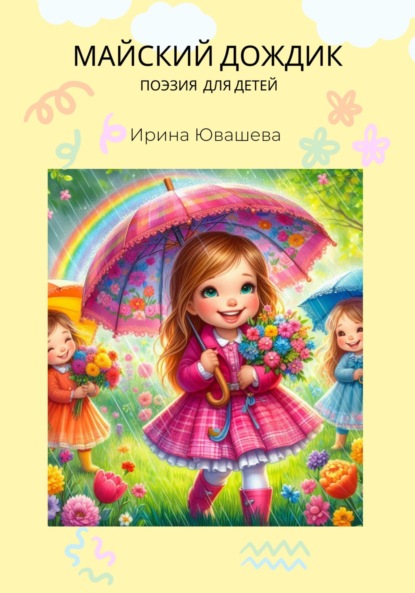По всем вопросам обращайтесь на: info@litportal.ru
(©) 2003-2024.
✖
English: Composition and Literature
Автор
Год написания книги
2018
Настройки чтения
Размер шрифта
Высота строк
Поля
Why did not Hawthorne tell the result of the shot at once?
A plot is usually made by introducing more than one cause, by hiding one of the causes, or by holding back an effect. Which in this story?
Is there a change of movement between the beginning and the end of the story? Look at the last two pages carefully. How has the author expressed the intensity of the situation?
Does the story end when it is finished?
THE WEDDING KNELL
(Riverside Literature Series, No. 145.)
Of the three common ways of giving uncertainty to a plot, which has been used?
Do you call this plot more complicated than those of the other tales studied?
Why does the author say, at the top of p. 72, “necessary preface”? Could it not be omitted? If not, what principle of narrative construction would be violated by its omission?
Why has he introduced the last paragraph on p. 74 reaching over to p. 75?
THE AMBITIOUS GUEST
(Riverside Literature Series, No. 40.)
In what order are the elements of the story introduced?
Pick out phrases which prepare you for the catastrophe.
Can you detect any difference in the movement of the different parts of the story? What aids its expression?
THE GOLD-BUG
(Riverside Literature Series, No. 120.)
Would you have been satisfied if the story had stopped when the treasure was discovered? What more do you want to know?
What, then, is the main incident? Was the main incident the last to occur in order of time? Why did Poe delay telling it until the end?
Do you see how relating the story in the first person helped him to throw the main incident last? Why could he not tell it before?
Does Poe tell any other stories in the first person?
In what person are “Treasure Island” and “Kidnapped” told? Are they interesting?
If a friend is telling you a story, do you care more for it if it is about a third party or about himself? Why?
What, then, is the advantage of making an actor the narrator? What are some of the disadvantages?
Do you think this plot as good as those of Hawthorne’s stories?
Why was it necessary to have “a day of remarkable chilliness” (p. 3), and a Newfoundland dog rushing into the room (p. 6)?
What principle would it violate to omit these little matters? (Text-book, p. 24 (#x1_x_1_i541).)
What of the rapidity of movement when they are digging? How has rapidity been gained?
What form of wit does Poe attempt? Does he succeed?
Do you think the conversation is natural? If not, what is the matter with it?
Are negroes usually profane? Does Jupiter’s general character lead you to expect profanity from him? Is anything gained by his oaths? Is anything sacrificed? In this story is profanity artistic? (To know what is meant by “artistic,” read the last line of “L’Envoi” on p. 253 (#litres_trial_promo) of the text-book.)
THE VISION OF SIR LAUNFAL
(Riverside Literature Series, No. 30.)
What is the purpose of the first stanza?
What connection in thought is there between the second, third, and fourth stanzas? What have these stanzas to do with the story? If they have nothing to do with it, what principle of structure do they violate? Would Lowell be likely to do this?
What is the use of the description beginning “And what is so rare as a day in June”?
Would the story be complete without the preludes? Would the teaching be understood without them?
Are time and place definitely stated in the poem? Why should they be, or not be?
Why does so much time elapse between Part I. and Part II. of the story?
In what lines do you find the main incident?
In the first prelude is Lowell describing a landscape of New England or Old England? Where is the story laid? What comment have you to make upon these facts?
Pick out the figures. Are they useful?
Can you find passages of exposition and description in this narrative? Why do you call it narration?
What is Lowell’s criticism upon himself? (See “Fable for Critics.”)
A CHRISTMAS CAROL
(Riverside Literature Series, No. 57.)
Is the opening such as to catch the attention?
What is the essential idea in the description of Scrooge? Do all details enforce this idea? Do you know Scrooge?
In what paragraph does Dickens tell where the story occurs?
Find places on p. 19 and p. 96 where Dickens has used “in” or “into.”





